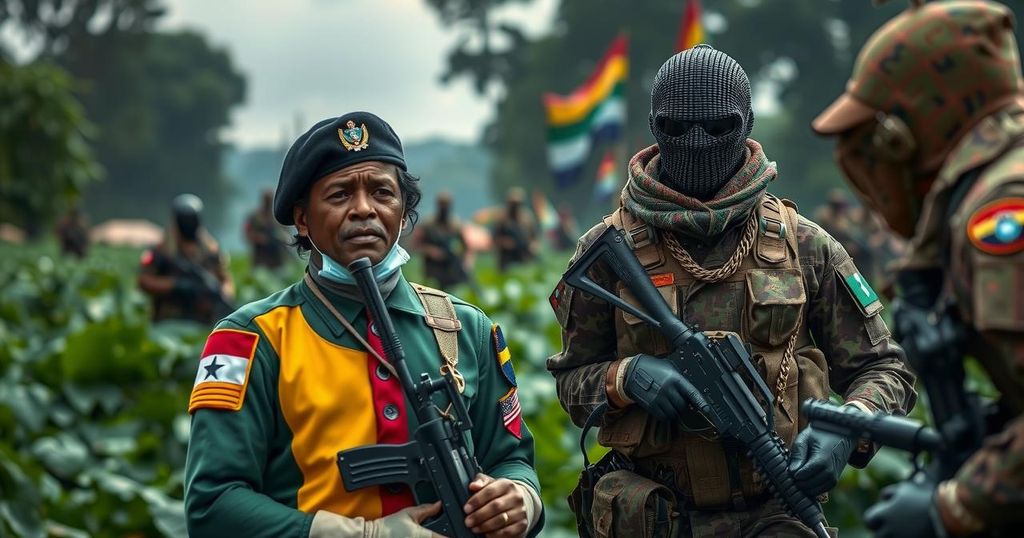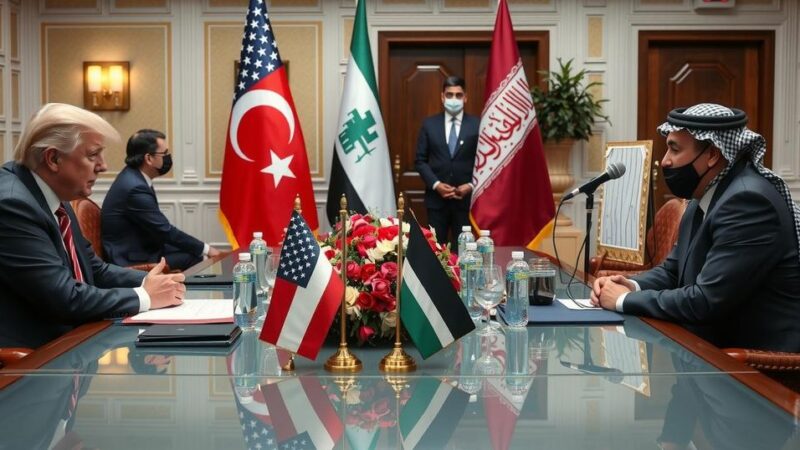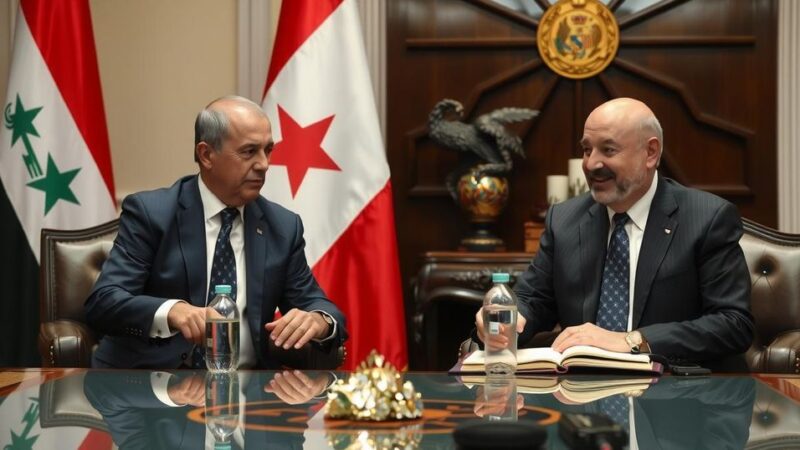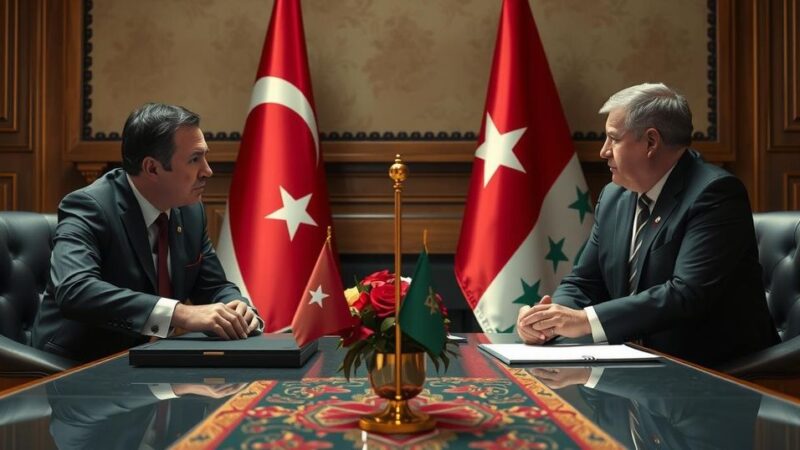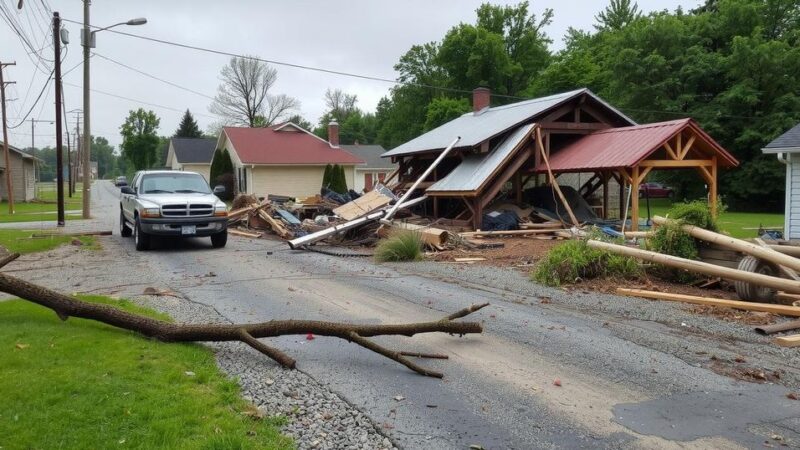The DRC has accused Rwanda of enabling M23 rebels to breach a ceasefire and seize territory in eastern DRC, particularly in North Kivu. Despite a truce, recent offensives by M23 have led to clashes with local militias and the Congolese army. The situation is critical, prompting condemnation from Angola and France amid ongoing humanitarian challenges.
The Democratic Republic of the Congo (DRC) has accused Rwanda of exploiting a ceasefire agreement to strengthen the position of Rwanda-backed rebels in the eastern DRC. The M23 rebel group, primarily composed of ethnic Tutsis, has made significant advancements since their renewed campaign commenced in late 2021, resulting in the displacement of thousands and exacerbating the region’s humanitarian crisis. Despite a truce established between Kigali and Kinshasa in early August, the M23 militia has recently intensified its attacks within North Kivu province, moving towards Pinga, a town of strategic importance allied with government forces. The military command in North Kivu stated that the Congolese army has adhered to the terms of the ceasefire, while accusing Rwanda of making territorial gains under the guise of this agreement. While the majority of the troops from both nations have ostensibly maintained the ceasefire, various armed factions connected to both armies have frequently breached the peace. Following the M23’s capture of the contested town of Kalembe on October 23, the situation has been further complicated, leading Angola, the broker of the ceasefire, to denounce the M23’s actions as a “flagrant violation” of the agreement. Clashes are ongoing as the Congolese army, supported by local militias known as the Wazalendo, strives to repel M23 forces attempting to solidify their control over the area.
The eastern region of the Democratic Republic of the Congo has a long history of conflict driven by the presence of multiple rebel groups vying for control of its resource-rich territories. The M23 rebels, with strong ties to Rwanda, have been involved in various conflicts over the past decade, which has resulted in significant humanitarian turmoil and displacement of local populations. The ongoing tensions between the DRC and Rwanda, particularly regarding the ethnic affiliations of the rebel groups, complicate peacekeeping efforts and territorial governance in the area. The recent ceasefire agreement aimed to alleviate hostilities; however, it has been challenged by continued violence and territorial ambitions of the M23 militia.
The situation in eastern DRC remains volatile, with accusations of ceasefire violations from both sides escalating tensions. The M23’s recent territorial advances raise serious concerns about the effectiveness of the ceasefire and highlight the complexities of the conflict in this resource-rich region plagued by historical grievances and armed group rivalries. The international community, including Angola and France, continues to monitor the developments with increasing alarm as the humanitarian crisis deepens.
Original Source: www.barrons.com

